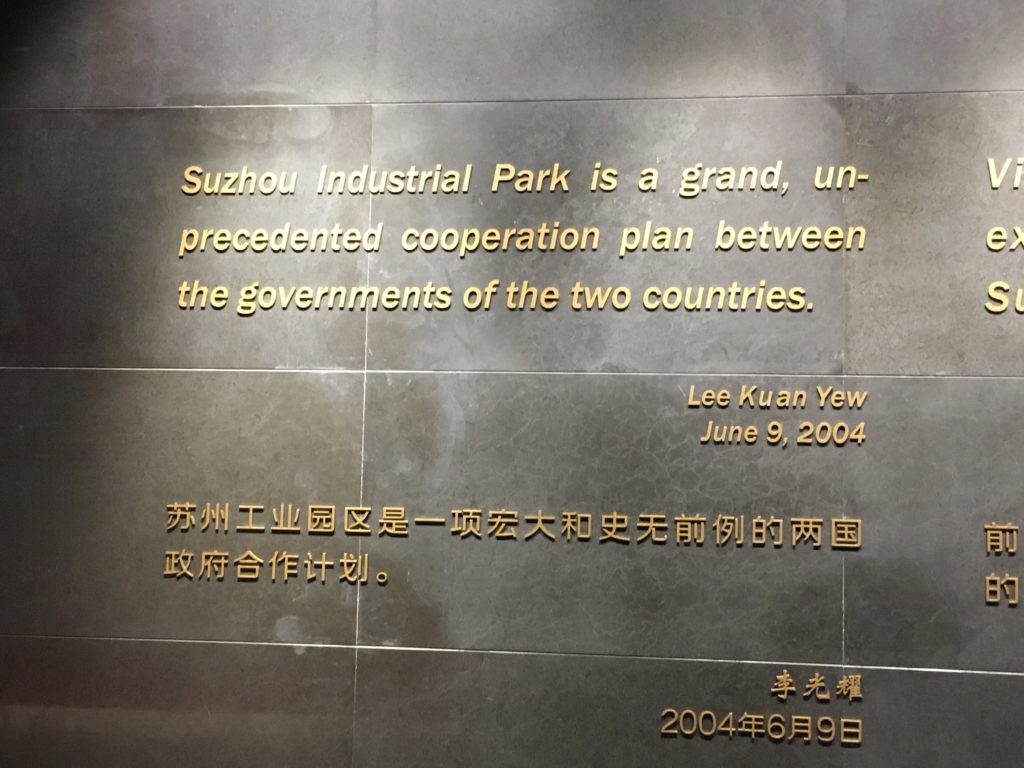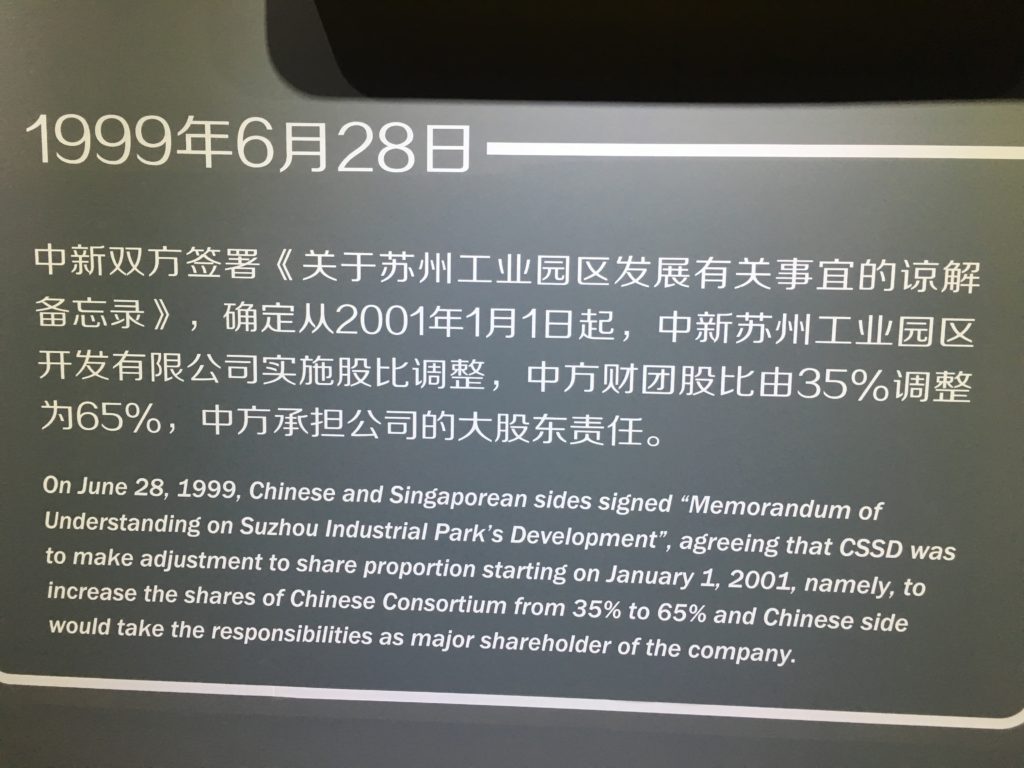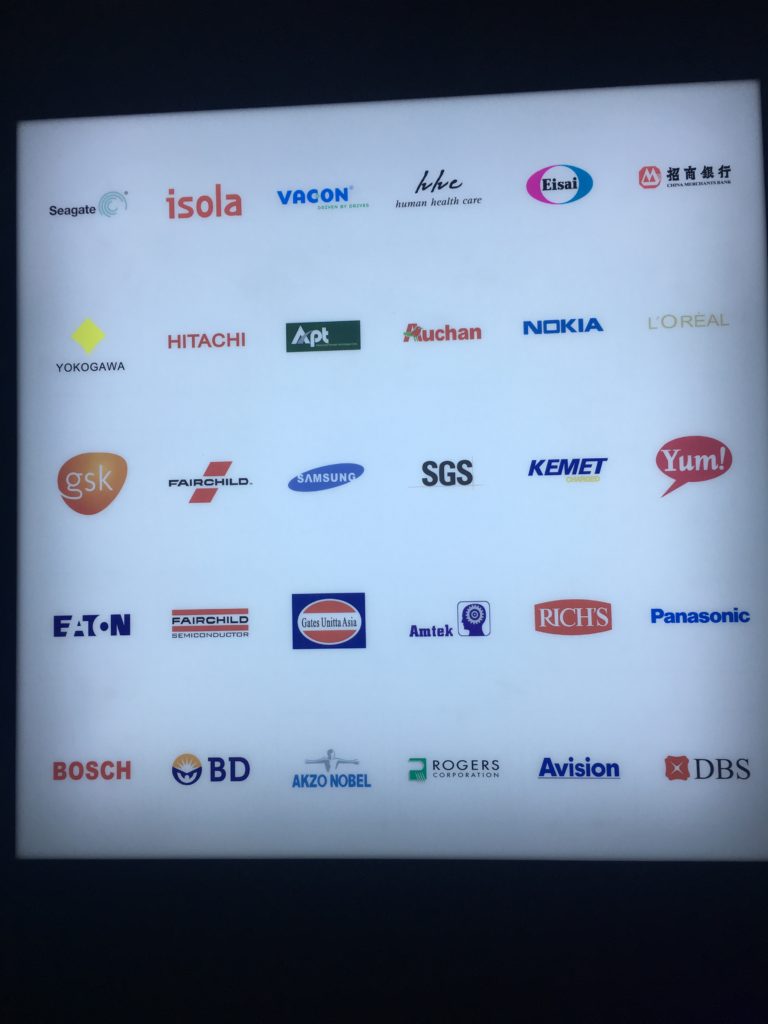Each thematic area of the fintech ecosystem is important, but I believe that infrastructure will determine the fintech industry’s future.
Data is becoming more important every day, as is privacy. In addition, it is not possible to build a system and expect people to use it without proper security measures in place. Enhanced encryption and speed of execution is key for infrastructure.
The most challenging part of the job is getting through the ‘know your customer’ (KYC) process.
According to a recent Thomas Reuter survey, the average bank spends GBP 40 million a year on KYC compliance and customer due diligence
Requests for an excessive number of documents and a lack of understanding of the client background from the KYC team gives out the wrong messages to new clients and means they are frustrated in their business relationship with the bank from the very start.
Fintech, with the help of blockchain technology, is a great opportunity for clients and financial institutions.
It currently takes a considerable amount of time and money to perform the necessary due diligence on people and companies.
An open source ledger, where data on HNW individuals and companies can be collected, verified and constantly updated will not only help financial institutions but also the client, as they will not have to give the same documents to each bank in which they want to have an account.
It will increase efficiency, reduce costs and make the client’s experience smoother. The idea is not particularly new and there are some companies which are already working in this space.
During the recent Singapore Fintech Festival in November 2016, IBM announced a blockchain project with Singapore fintech startup KYCK! to help enable financial institutions to have a more rapid on-boarding process
Another company, Slimpay, is also exploring opportunities in this space. It has broken down the process into steps, such as as ‘Paper KYC’ and ‘Internet KYC’ to help financial institutions.
In addition, a group of entrepreneurs have founded ComplyAdvantage in the United Kingdom with the aim of gathering better anti money laundering insights and helping banks to deal with the due diligence of customers.
All the best from Singapore.
Sukru Haskan
Twitter: @sukru_haskan










